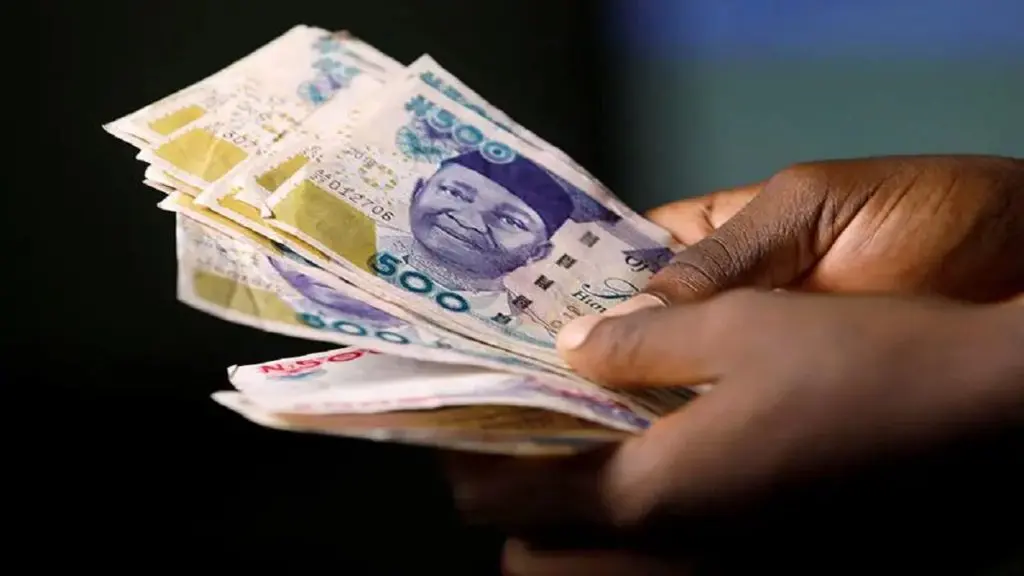Civil society groups and non-governmental organizations in the Democratic Republic of Congo are urging a reassessment of a contentious “minerals for infrastructure” agreement with China. The deal, initially signed in 2008, grants Chinese companies access to extensive copper and cobalt mines in exchange for infrastructure development.
When the agreement was renegotiated over a year ago, it was touted as the “contract of the century.” However, the “Congo is not for Sale” coalition argues that the terms remain heavily skewed in favor of the Chinese group, potentially resulting in significant financial losses and a lack of transparency for the Congolese state.
The original agreement was meant to yield nearly $4 billion in additional benefits for the Congolese. Nevertheless, watchdogs claim that the new terms have not rectified previous imbalances. The Congolese government, on the other hand, asserts that the revised agreement is a win-win partnership, with infrastructure investment increasing from $3.5 billion to $7.5 billion.
Critics point out that the Chinese mining company still benefits from full tax exemptions, resulting in an annual loss for the state of at least $100 million in revenue. Furthermore, the infrastructure financing is contingent upon the copper price being equal to or greater than $8,000 per tonne. If the price is lower, the funding will not be made available, and if the copper price soars, the Congo will still receive the same amount, preventing it from benefiting from market upswings.
Another criticism of the deal lies in its fixed payment structure, regardless of the volume of minerals extracted. The coalition warns that this arrangement puts the Congolese state at a disadvantage, emphasizing the need for greater transparency and a more equitable agreement.
The call for reassessment comes as the Congolese government seeks to balance its economic development with the need to ensure fair deals for its natural resources. As the country navigates its complex relationship with China, the outcome of this reassessment will be closely watched, both domestically and internationally. The significance of this agreement extends beyond the Democratic Republic of Congo, as it reflects the broader dynamics of international trade and resource extraction in Africa.



